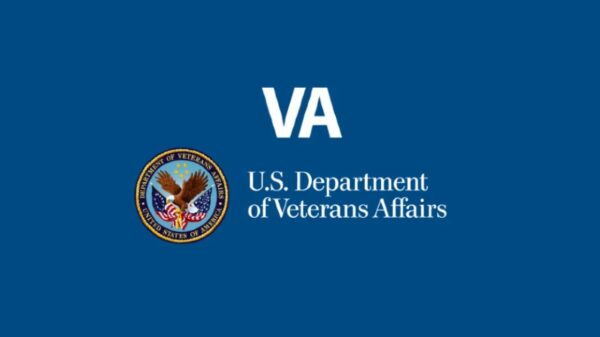Last week, U.S. Sen. Rick Scott, R-Fla., brought back his proposal to create “a bipartisan Joint Select Committee on Afghanistan, composed of members of the House and Senate, to conduct a full investigation into President Biden’s failed and tragic withdrawal of U.S. forces from Afghanistan that stranded hundreds of Americans behind enemy lines, left billions of dollars in U.S. military equipment in the hands of terrorists and took the lives of 13 brave U.S. service members.”
Using the committee established to investigate the Iran-Contra affair as a model, Scott brought out the resolution with the backing of seven of his fellow Republicans in the Senate.
“President Biden’s misguided and dangerous decisions in his botched withdrawal of U.S. forces from Afghanistan led to the United States’ most stunning, unforced and humiliating defeat in decades. Due to President Biden’s carelessness and failed leadership, 13 U.S. service members were lost, billions of dollars of U.S. military equipment were left for the Taliban, hundreds of American citizens were stranded behind enemy lines and Afghanistan has been returned to the Taliban and now rests in the hands of the same terrorist-coddling extremists who ruled it on September 11, 2001. The world is now a more dangerous place and the American people are rightfully demanding answers. For over a year, I have called for a bipartisan and bicameral investigation into the Biden administration’s failed withdrawal of American forces and my calls have been met with silence. That’s why today, I am reintroducing my bill to establish a bipartisan and bicameral Joint Select Committee on Afghanistan to conduct a full investigation and compile a joint report on the United States’ tragically failed withdrawal from Afghanistan. It’s time to put partisan politics aside and demand accountability,” Scott said last week.
Scott’s bill would have the committee “conduct an investigation into the United States’ withdrawal of forces from Afghanistan and report its findings to Congress including:
“An analysis of any actions taken by the United States Government to proactively prepare for a successful withdrawal and any efforts to protect the safety of United States forces and neutralize threats in any withdrawal scenarios, including all timelines and advice provided by military leaders to President Biden and his national security team beginning in January 2021.
“A summary of any intelligence reports that indicated an imminent threat at the Hamid Karzai International Airport preceding the deadly attack on August 26, 2021, and the risks to United States and allied country civilians as well as Afghan partners for various United States withdrawal scenarios.
“A full and unredacted transcript of the phone call between President Biden and President Ashraf Ghani of Afghanistan on July 23, 2021.
“A description of the initial views and advice of the United States Armed Forces and the intelligence community given to the National Security Council and the White House before the decisions were taken regarding closure of United States military installations, withdrawal of United States assets, and withdrawal of United States military personnel.
“An assessment of United States assets, as well as any assets left behind by allies, that could now be used by the Taliban, ISIS-K, and other terrorist organizations operating within the region.
“An assessment of the discussions between the United States Government and allies supporting our efforts in Afghanistan and a timeline for decision making regarding the withdrawal of United States forces, Afghan allies and nationals and other refugees. This includes discussions on any efforts to work with U.S. allies to repatriate all foreign nationals desiring to return to their home countries, the vetting of each individual and any coordination the Departments of State and Defense engaged in to safeguard members of the Armed Forces from infectious diseases and terrorist threats.”
Scott introduced a similar proposal in October 2021 but it failed to gain much momentum in the Democratic-controlled Senate, something which is likely to happen again with that party in charge of the chamber.
The bill was sent to the U.S. Senate Rules and Administration Committee. So far, there is no companion measure over in the U.S. House.


















